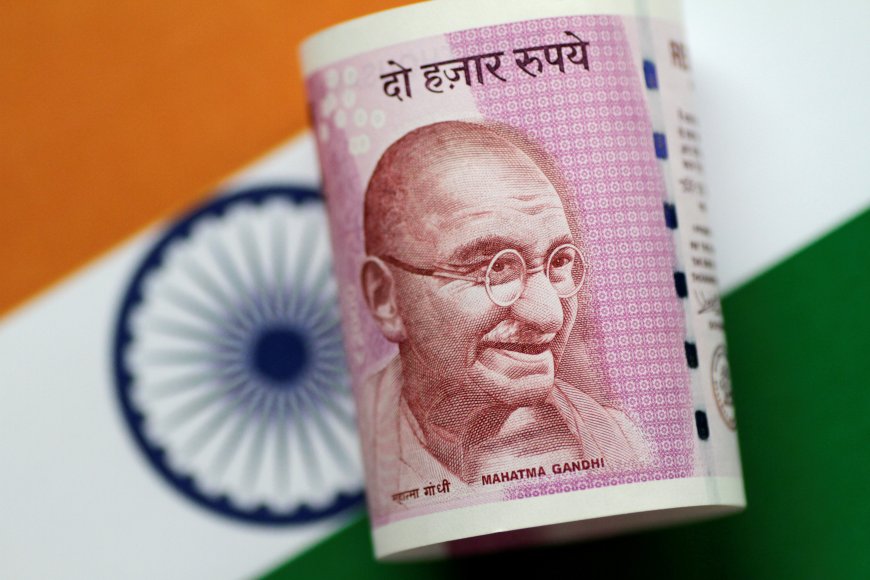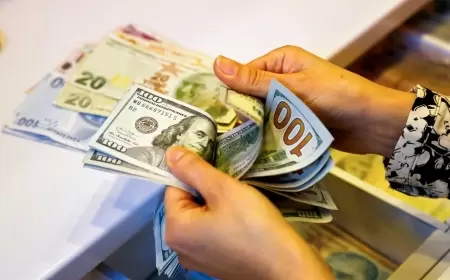India Makes Historic Rupee Payment for UAE Oil, Paves the Way for More Deals
India Makes Historic Move with Rupee Payments for Oil, Aims to Boost Local Currency's Global Role

India has executed its first-ever payment in rupees for crude oil purchased from the United Arab Emirates (UAE), signaling its intent to promote the global use of the local currency. Officials reveal that this strategic shift is part of a broader initiative to diversify payment methods and reduce transaction costs by eliminating dollar conversions.
India, as the world's third-largest energy consumer heavily reliant on oil imports, has adopted a three-pronged strategy: sourcing from the most cost-effective suppliers, diversifying supply sources, and adhering to international obligations, such as avoiding breaches in the context of Russian oil purchases post the Ukraine conflict.
The recent agreement signed in July between India and the UAE paved the way for rupee settlements, and the Indian Oil Corporation (IOC) promptly made payments in Indian rupees for the purchase of a million barrels of crude oil from the Abu Dhabi National Oil Company (ADNOC).
This move aligns with India's broader goal to cut costs and enhance the role of the rupee in cross-border payments. Traditionally, the default payment currency for crude oil imports has been the US dollar, given its liquidity and lower hedging costs. However, the Reserve Bank of India has taken steps to encourage the use of the rupee in cross-border transactions by allowing multiple banks to settle trades in rupees with 18 countries since last year.
While India is urging major oil exporters like the UAE and Saudi Arabia to accept the Indian currency for trade settlements, the successful rupee payment to ADNOC in August is seen as a promising development. Officials emphasize that this marks the beginning of a process, and there are no specific targets set for such internationalization efforts.
"We have to be mindful that it (rupee settlement) does not lead to an increase in cost and is in no way detrimental to the trade," cautions an official. They acknowledge that settling smaller trades in rupees poses fewer challenges, but for large transactions involving millions of dollars for each shipload of crude oil, complexities arise. India is carefully navigating this situation, keeping national interests at the forefront.
The broader implications of the rupee's internationalization include reducing the demand for dollars and making the Indian economy less vulnerable to global currency shocks. Despite these efforts, a parliamentary standing committee report highlights the limited enthusiasm for the Indian rupee in international transactions.
The report, tabled in Parliament last week, notes that there were not many takers for the Indian rupee during the fiscal year 2022-23. Crude oil suppliers, including ADNOC, expressed concerns about repatriation of funds in their preferred currency and highlighted high transactional costs associated with fund conversion and exchange fluctuation risks.
India's Ministry, as part of the committee's report, emphasized that Indian Oil Corporation (IOC) incurred high transaction costs, as crude oil suppliers passed on additional transactional costs. While challenges persist, India's strategic shift towards rupee settlements reflects a proactive effort to reshape its economic dynamics and reduce dependence on the US dollar in global trade.
Also Read: U.S. Current Account Deficit Narrows to a Two-Year Low in Q3
































































